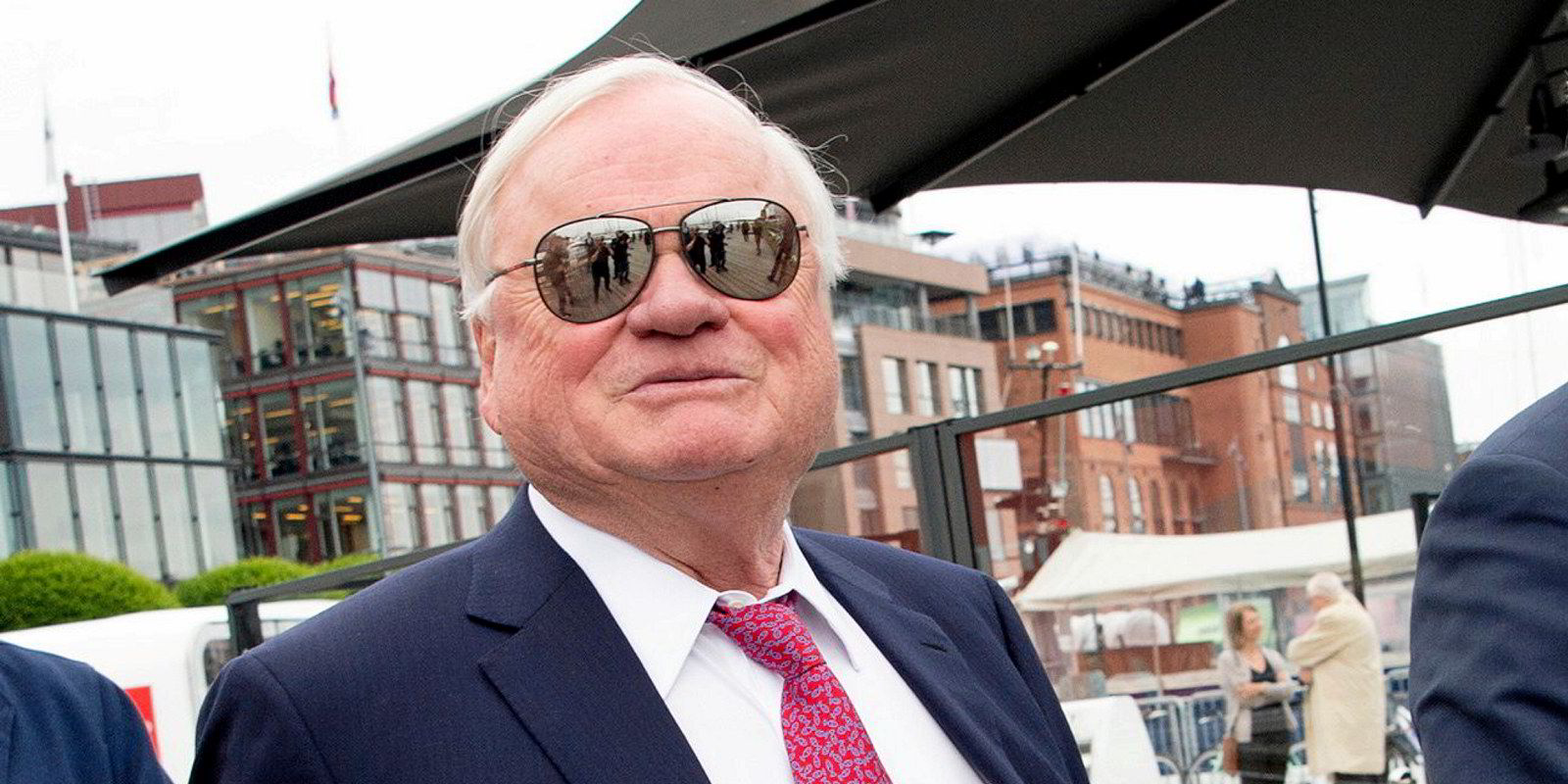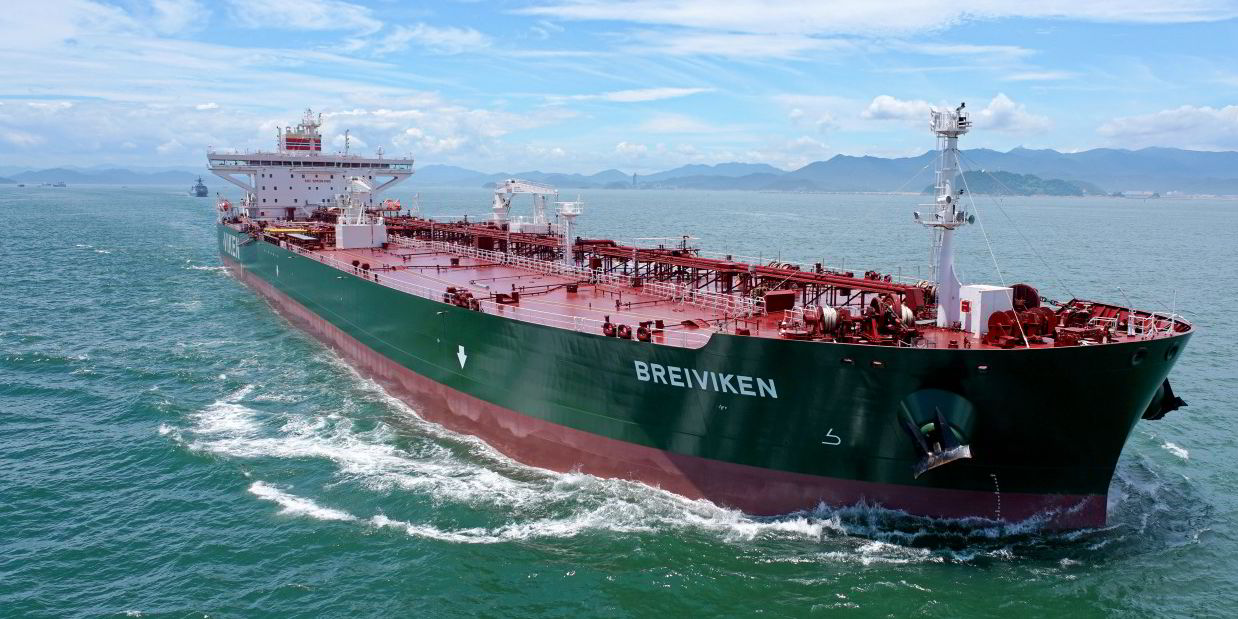The US Treasury Department has signalled it will not stop Russian crude imports from the Caspian Pipeline Consortium (CPC) at Novorossiysk.
Its announcement came as a footnote to US President Joe Biden’s executive order sanctioning Russian energy imports.
But tanker owners are still sensitive to what could be misunderstood as trading with Russia.
The CPC terminal ships some 2m barrels of crude per day through its buoys off Novorossiysk. The pipeline, whose shareholders include Russian and Kazakh state-controlled entities as well as international oil majors, was built as an outlet for the oilfields of landlocked Kazakhstan.
The Treasury Department, whose Office of Foreign Assets Control enforces US sanctions, issued a clarification on 8 March expressing confidence that Kazakh oil from the terminal’s buoys is not suspect.
“Distribution systems such as those in the CPC can segregate various sources of crude oil, allowing crude oil that is not of Russian Federation origin to be marketed and loaded separately,” wrote the Washington-based financial enforcers.
But shipowners with exposure to public financial markets remain careful.
Oslo-based Frontline Management has such exposure through New York-listed vehicle Frontline Ltd.
“Right now, it is the opinion of the general public that one is to shun everything of Russian origin, and the detail that is overlooked is that not all oil that comes out of the Black Sea is Russian,” Frontline chief executive Lars Barstad told TradeWinds.
The result is a very conservative policy for the time being.
“None of our ships will go into the Black Sea now on a spot basis,” said Barstad. “The challenge comes when a ship is on time charter.”
Barstad points to compatriot tanker owner Viken Shipping and its plea urging oil majors and traders not to load Russian oil.
But the choice is not the owner’s when a ship is under time charter, when the cargo itself is legal, and when the port is safe enough by the standards of protection and indemnity and war risk insurance policies. The shipowner then has little choice legally but to send its ships where the charterer directs.
Meanwhile, in Finland, a private tanker owner heavily exposed to the CPC terminal is taking an approach just as cautious.
Ben Lundqvist of Mariehamn-based Lundqvist Rederierna told TradeWinds he is steering clear of Novorossiysk for the time being, even though half of his 10 aframaxes normally call there.
About 31% and 21% of CPC’s shares are held by Russian and Kazakh state-controlled entities, respectively. Oil major partners directly or through joint ventures include Russia’s Lukoil and international players Chevron, ExxonMobil and Shell.





